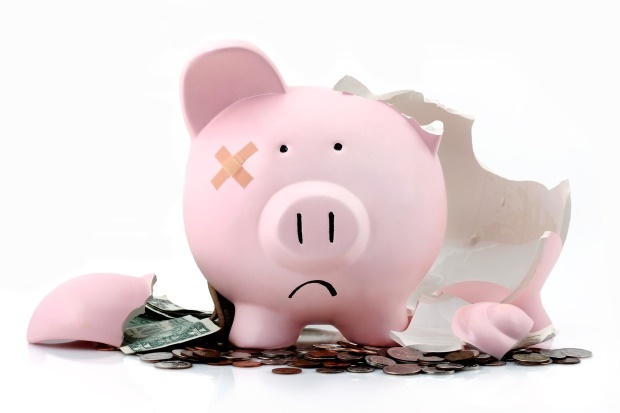You probably know what it feels like to be anxious.
It can rouse you to action and make you give your best. It can, however, also – especially if you have an anxiety disorder – “immobilise” you and prevent you from coping with everyday life.
Anxiety is defined as “a state of apprehension, uncertainty, and fear resulting from the anticipation of a realistic or fantasised threatening event or situation”.
Unsafe and overwhelmed
Anxiety disorders frequently run in families and may make you feel anxious most of the time, without any apparent reason. Different people also have different things that trigger their anxiety.
Researchers have found that routine can reduce psychological problems like anxiety. Day-to-day life is predictable, which makes it “safe” and easier to cope with.
The end of the year is holiday time for the majority of South Africans and inevitably involves a change of routine. Most of us look forward to the change, but it can cause people who suffer from anxiety to feel unsafe and overwhelmed.
Some things about the holidays that may cause anxiety:
- Staying with friends or relatives (unfamiliar surroundings)
- Having guests in your home
- Coping with large numbers of people
- Interacting with family members you may not like
- Worrying about Christmas gifts
- Concerns about food
- Coping with loneliness
- Coping with unstructured time
- Extra financial burdens
- Keeping children busy/entertained
Dealing with the holidays
You may have different things that trigger your feelings of anxiety, but these seven tips should help lower your stress levels during the Christmas holidays.
1. Avoid stressful situations
You don’t have to attend every social occasion you’re invited to. If the situation cannot be avoided, there’s nothing wrong with saying a quick hello and leaving soon afterwards.
2. Keep Christmas presents to a minimum
It can be stressful (and expensive) trying to find the right present for everyone. Why not arrange that everyone buys one big present and draw lots on the day so that everyone ends up with a nice surprise? Also reduce anxiety by avoiding last-minute shopping.
3. Surround yourself with people you like
If your relatives stress you out, keep family gatherings to a minimum and celebrate with friends who won’t send your blood pressure soaring instead.
4. Get enough exercise
You may not feel like it, but there’s a lot of evidence that exercise can help with anxiety and depression. Take long walks on the beach, play volleyball with your kids or walk to the shops instead of driving.
5. Don’t eat and drink too much
With dozens of parties and family gatherings, it’s difficult not to overindulge. Eating, and especially drinking, too much can make you feel uncomfortable and depressed – to say nothing of the anxiety caused by those extra kilos. Give yourself some leeway, but don’t overdo it.
6. Budget beforehand
Decide what you want to spend over Christmas and stick to your budget to avoid anxiety over money. There’s also nothing worse than facing the New Year with mountains of debt.
7. Make sure you don’t spend too much time alone
Spending too much time on your own can make you feel anxious, lonely and depressed. Make sure that you spend at least some of the time with friends or relatives.
Image credits: iStock
NEXT ON HEALTH24X














